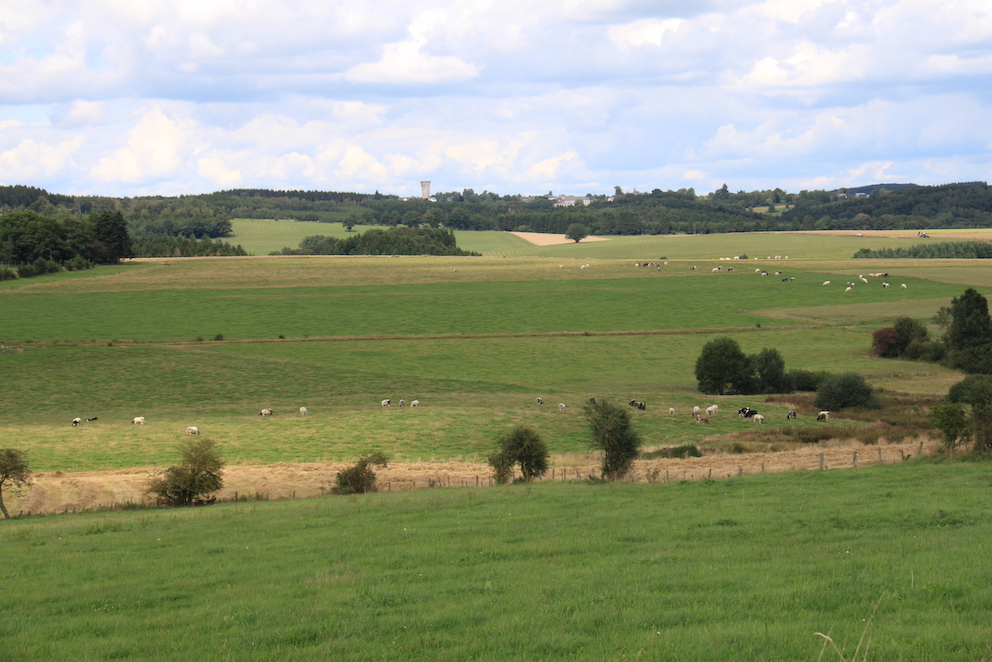« La terre est un facteur de production crucial en agriculture, tant pour la production végétale que pour la production animale. A l’étranger comme au Luxembourg, la terre agricole à proprement parler devient de plus en plus un facteur de spéculation attirant les investisseurs les plus divers.
Dans ce contexte, j’aimerais poser les questions suivantes à Monsieur le Ministre de l’Agriculture, de la Viticulture et du Développement rural :
- Les services du ministère ont-ils pu suivre l’évolution récente des prix immobiliers concernant tout particulièrement les secteurs agricole, viticole et horticole ? Une étude en la matière aurait-elle déjà été effectuée ? Dans l’affirmative, quelles en seraient les conclusions ? Dans la négative, le ministère envisage-t-il de faire élaborer une analyse détaillée en ce domaine précis ?
- Comment les surfaces d’exploitation réservées aux entreprises agricoles, viticoles et horticoles ont elles évolué durant les dernières années ? Et quelles sont les prévisions en la matière tout en sachant que les besoins de construction du secteur immobilier vont croissant ? Une étude prospective a-t-elle été réalisée à cet effet afin de préparer le secteur aux mutations du futur ? »






